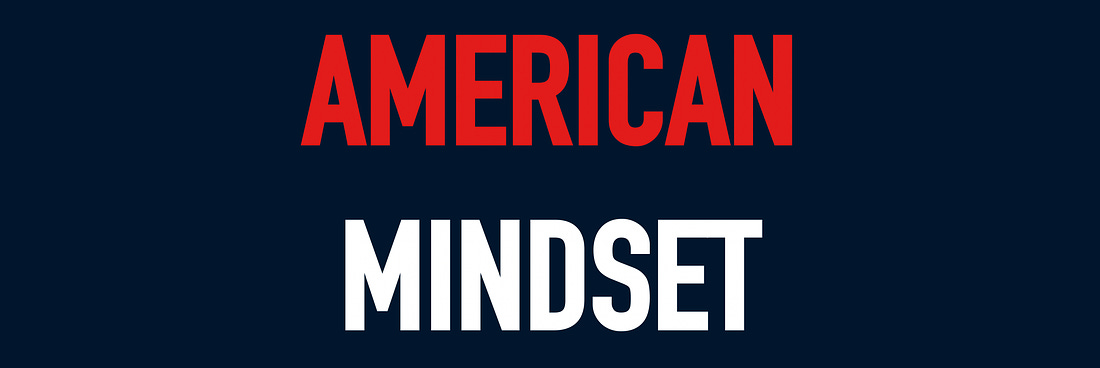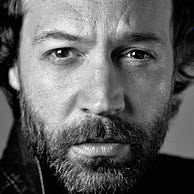 |
As digital technology continues to make a mockery of modern and postmodern answers to life’s ultimate questions, liberals of various allegiances are encountering a painfully tragic experience. It’s doubly painful, and doubly tragic, considering how hostile liberalism is, or at least has become, with regard to tragedy.
Benjamin Constant, one of the most soulful of liberalism’s founders, strove heroically to confine tragedy and the tragic sensibility to the “private”, that is, “romantic”, side of life, laboring just as earnestly to make the public realm, of civic society and the state alike, a place of redemption, even for Napoleon, whose constitution making him Head of State during the Hundred Days Constant, against fierce criticism, composed.
Today these feel like meaningless details, if they even register at all, but even in the wake of the World Wars, at modernity’s peak and amid the birth of the postmodern, a recognizably tragic liberal sensibility dominated some important quarters of the intellectual scene.
Realists in international relations theory and scholarship worked to reconcile the prospect of perpetual and unceasing conflict among world powers with the assumption that the liberal powers should win. Existentialists in philosophy attempted an open marriage of anti-bourgeois culture with mild-mannered Marxism and soft socialist politics.
These expressions of the tension involved in trying to defend liberalism from “extremism” while trying to invigorate it by accepting the need to go to certain extremes marked out paces on a path that led to the territory exhaustively explored by the likes of J.G. Ballard and Michel Houellebecq, where the deadening effects of liberalism have left liberals with a choice between some kind of neo-barbarism or some kind of suicide.
But this terminal state cannot reliably be described as tragic. When urbane psychologist Robert Laing reposes on his balcony in the ruins of the high-rise, munching on roast German Shepherd, or when François embraces his new life of submission as a prestigious polygamous Muslim, there’s a certain revulsion the reader might feel about what has happened to the man or his civilization, but then again, relative to the morbidity of liberal life as it is unflinchingly portrayed, maybe not so much, and at any rate, no inescapable dilemma or fated catastrophe has been visited upon the hero. In fact, the ostensible catastrophe isn’t so bad after all; it is, in fact, livable, unlike the liberal life from which the hero has exited.
Even when Florent’s disastrous attempt to escape the tragedy of liberalism by way of serotonin fails in still greater disaster, his suicide is presented and explicitly expressed as, however disfigured, an imitation of Christ, which ultimately lifts it out of the realm of the tragic altogether, and into the realm of moralism. In the end, Ballard and Houellebecq both counsel that liberalism’s own extremes have made any sufficiently exaggerated thrust in a corrective direction actually fatal to liberalism; liberalism has—inevitably, it seems, as there was insufficient notice and no going back—taken us to its own terminus, one where even the first step forward is already post-liberal. But both Ballard and Houellebecq present this shocking reality as not so shocking after all, a fact of life that, even if we weren’t ready for, we quickly accustom ourselves to, in fact with a kind of incredible relief.
As a disembodied observer, that might produce a pang of the tragic; but of course we are not in reality such observers at all, but fellow liberals whose position embedded fully within liberal life makes it really impossible to experience the fate of the heroes as a tragic one. Fatalism need not be tragic, and the deep moralistic sense of deserving what we have coming cuts powerfully against any feeling that a frightening or unhappy end to a fellow liberal’s life is a proper tragedy.
Yet today at the same time it is largely the extremists who are obsessed with culpability and desert, and the liberals—in America at least—who really think and act like the only available response to the threat of cataclysm is a powerful retrenchment into normality. Liberals on the right just want to grill, liberals on the left to Netflix and chill. The culture war conflict over “muh norms” is expressly about who has the chops to “normalize” what, but the redoubt of liberals of every stripe is the conviction that normality is a sort of baseline condition, an equilibrium to which people, without any poetry or crusading, “return”. Of course, the baseline of normality is liberal life, a realm where disasters are always exogenous and never amount to cataclysms; there’s nothing wrong with liberalism, to borrow Bill Clinton’s dictum about America, that can’t be fixed by what’s right with it, which means that no crisis, however global or however urgent, ever demands that we exit liberal life, or ever forces us out.
The problem with this way of thinking is actually not in its stubborn insistence on normality or even on the liberal. It’s in conflating both normality and liberal life with rationality and reason. The leading liberal intellectuals today who complain about “extremism” “on both sides” are sure above all that the liberalism of the normal is anthropological sea level because people fundamentally are reasonable, reasoning, rational creatures, beings for whom at the end of the day it is fruitless and absurd to try solving life’s inescapable challenges in irrational ways. “Extremism”, ultimately, is just “craziness”, a bit like the “kookiness” Richard Rorty ascribed to the devoutly religious but more inexcusable, and—therefore—to them, the only feasible and responsible point of departure for a restoration of the liberalism of the normal is a rational, reasonable appeal to freeing ourselves and one another from craziness.
Yet the very best case for liberalism, especially as the fixed reference point for normality, is that people are crazy, especially people with no feasible and responsible option but the liberalism of the normal—not mentally ill or deranged, at least not as a rule, but restless, anxious, forever being thrust psychologically and spiritually, against will and inclination, first in an excessively outward manner, among masses dismayingly identical to them, and then in an excessively inward one, deep into the secret labyrinths of the brooding heart of the isolated and lonely soul who “identifies” with nobody. Such people, who for liberal-compatible thinkers from Augustine to Tocqueville do embody not only our anthropological baseline but our given essence, need fixed points in the heart that yet also draw them out into fellowship, companionship, and citizenship, not for the purpose of entertainment or competition but for the necessity of collaboration on building and maintaining the fundamental elements of human organization, without which a feasible life becomes impossible for most ordinary and even many extraordinary people.
“Craziness” is not exogenous extremism, but constitutive of our humanity and any functionally human liberalism—a moral fact the general acceptance of which is perhaps the only real corrective to the inner tendency of the liberal to spiral secretly, half-knowingly, irresponsibly away from the normal, past the merely crazy and into the bizarre, the disfiguring, the self-loathing, and the nihilistic, normalizing, in short, the truly pathological.
 |
If you liked this post from American Mindset, why not share it?

